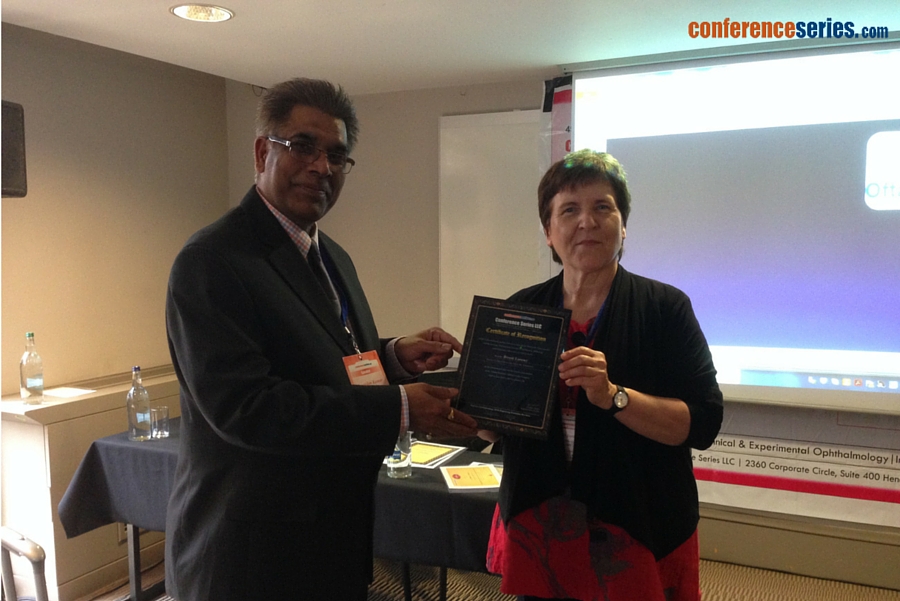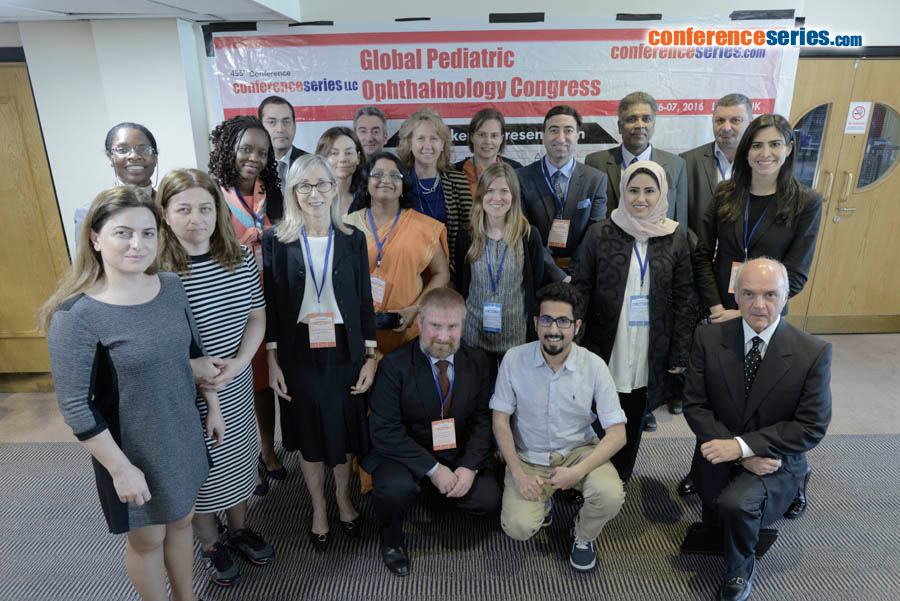
Birgit Lorenz
Justus-Liebig University Giessen
Germany
Title: RPE65 deficiency: Natural history and insights from gene therapeutic trials
Biography
Biography: Birgit Lorenz
Abstract
Mutations in the RPE65 gene result in RPE65 deficiency (LCA2) with diminished or abolished retinol recycling manifesting in severe night blindness from infancy on together with variably reduced cone function and progressive retinal degeneration. The wide range of phenotypes results from different degrees of enzyme malfunctioning and spans Leber Congenital Amaurosis LCA, early onset severe retinal dystrophy EOSRD and juvenile RP. Gene replacement therapy in dogs with naturally occurring mutations in RPE65 was very successful. To date, at least 150 patients with RPE65 deficiency have been treated with sub retinal AAV injections to reconstitute protein function in USA, England and in France. Treatment effects were generally much more modest than in the dog. To document smaller treatment effects, it has turned out that new readout parameters had to be defined and developed. With the current approaches, there is a clear rod effect but a much smaller cone effect. Also, some data would indicate that the degeneration process was not stopped by the currently used set-up. One of the challenges is to get novel readout parameters accepted by the authorities. Another challenge is to define disease stages where therapy is more likely to be effective as well as optimizing the sub retinal AAV injection technique and dosing the most efficient vector titer. Of note, efforts are made by Spark Therapeutics® to receive FDA and EMA approval for an AAV vector to treat RPE65 deficient patients.


